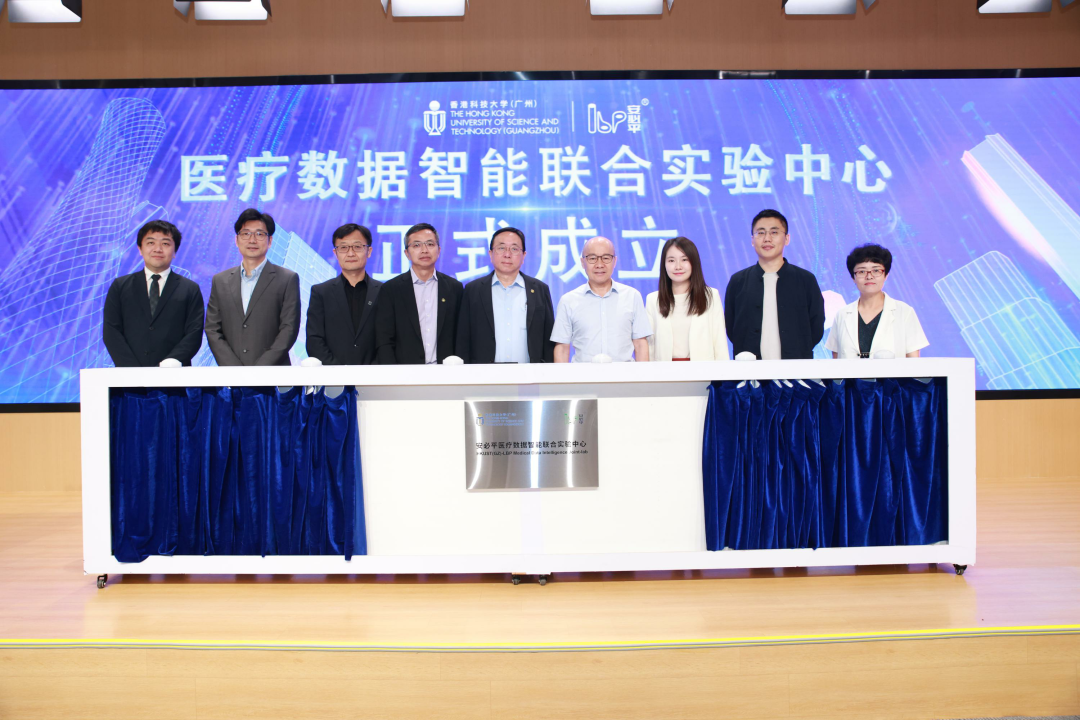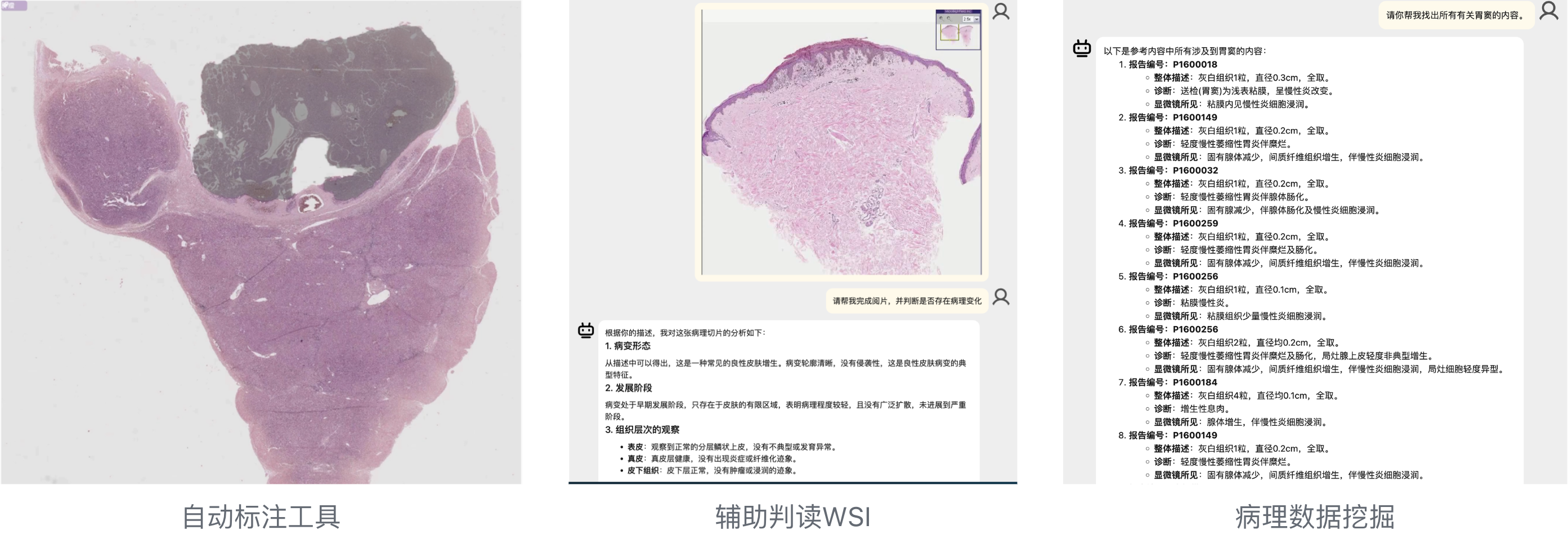LBP Labeling
With the development of AI technology, especially in the medical field, machine learning and deep learning technologies have provided new possibilities for pathology diagnosis and research. The collaboration between the laboratory and Guangzhou Anbiping Medical Technology Co., Ltd. (referred to as "Anbiping") aims to integrate the strengths of both parties, focusing on the intelligent development of pathology diagnosis. This includes the integration and enhancement of multimodal medical data, medical image data annotation and processing based on crowdsourcing and knowledge graphs, as well as data-centric explainable medical artificial intelligence and other related cutting-edge topics. The goal is to enhance pathology diagnosis services and the value of medical data, promoting high-quality development in the pathology industry.
This collaborative project officially launched in May 2023. The research projects conducted by the laboratory include crowdsourcing annotation of medical data, weakly supervised learning for medical AI tasks, and research on the explainability of medical AI tasks.

Currently, we have built an automatic annotation platform that can accurately label pathology images such as immunohistochemistry and immunofluorescence. Pathologists using this platform have provided feedback indicating a 50% reduction in annotation time. We have also developed a large language model with pathology knowledge, which demonstrates good diagnostic abilities for given pathology images. We will continue to optimize existing data models, aiming to reach the level of junior pathology doctors in image interpretation and diagnosis. Additionally, we are conducting data mining on stored pathology images and unstructured pathology data such as text descriptions, providing a solid data foundation for pathology research.

Pathology is the "gold standard" for tumor diagnosis, and cancer prevention and control rely heavily on pathology diagnosis. As pathology diagnosis transitions towards digitization and intelligence, the standardization and efficient annotation of pathology data have become critical challenges in the transformation process. Anbiping is the first listed company in the domestic pathology diagnosis field, specializing in the research and development of pathology diagnosis-related technical products. Their cervical liquid-based cytology image-assisted diagnosis software (LBP-PIAS) has achieved technological breakthroughs in medical image analysis and clinical diagnostic assistance. In this context, Professor Chen Lei, the head of the laboratory, pointed out that in the current field of machine learning, models and hardware resources are relatively abundant, while high-quality data resources are extremely scarce. He hopes that through collaboration with Anbiping, the shift from a "model-centric" approach to a "data-centric" approach can be achieved. By breaking down complex medical tasks into simpler tasks that junior medical workers can handle, the cost of data acquisition can be reduced. Utilizing a large amount of automatically annotated simple task data to improve AI diagnostic accuracy, fully tapping into the potential value of pathology data. By quantifying medical indicators, extracting diagnostic rules, providing data-based explainability, addressing the pain points in the intelligent pathology diagnosis process, and contributing to the intelligent pathology diagnosis in China and even worldwide, benefiting society through precise medical diagnosis.


